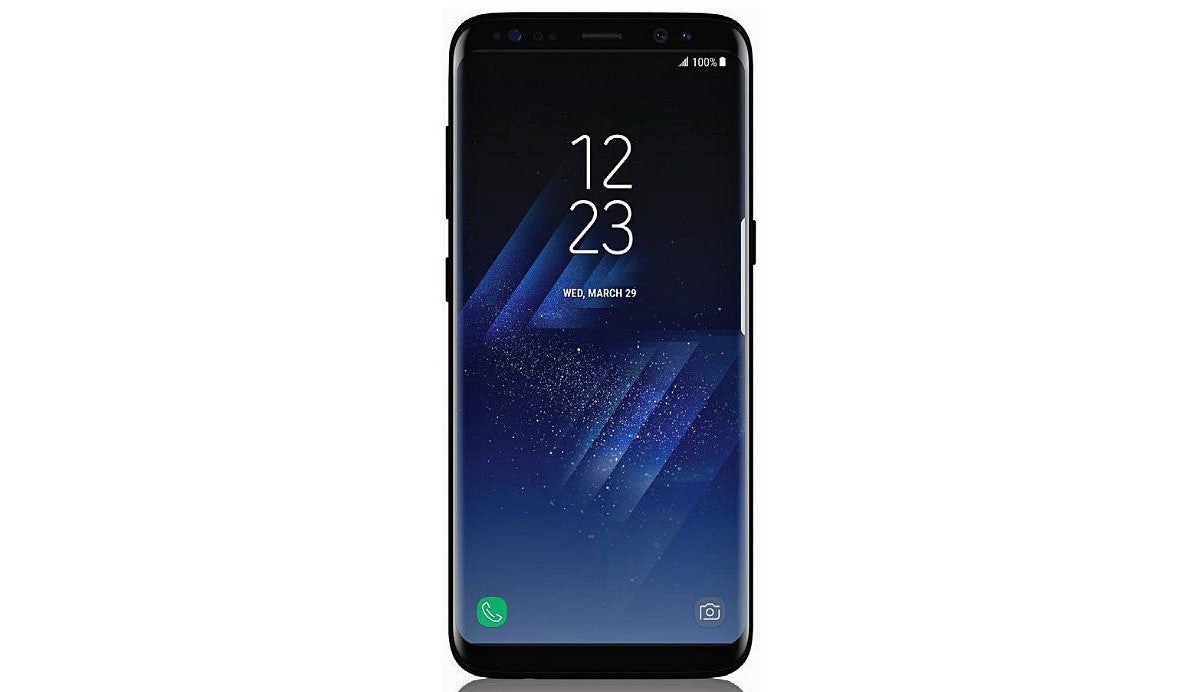Here are the first benchmarks of the Galaxy S8+ and its Exynos 8895 chipset

Once we go into the specifics, however, the differences start getting a bit more apparent. Since the 835's low-power CPU cores run at a higher clock speed than the 8895's, the former's single-core performance is marginally better in a few areas, with the memory score being a particular outlier. However, Qualcomm's chip suffers from very high memory latency in both single- and multi-core tests, which is quite likely to negatively impact end-user performance. Apart from that, few things jump out as particularly interesting, especially when taking result fluctuations into account, as they are an unfortunate but unavoidable side effect of benchmarking.
Those metrics, however, are mostly irrelevant for the regular consumer, who won't really get a choice regarding which version of the device they'll get. So let's move onto the more interesting part, which is comparing it with its predecessor, the Galaxy S7 edge. When comparing the leaked results with a recent benchmark of the S7 edge, the Exynos 8895 vastly outclasses the older 8890... but only in its multi-core results.
Users are unlikely to notice much difference in performance between the S8+ and its predecessor
Single-core results are a mixed bag, with the older chip scoring better in quite a few areas, though, admittedly, the differences are small. However, during regular usage of a device, single-core speeds are much more important, as most Android apps don't take advantage of multithreading, and also run on the slower, low-power CPU cores, never taking advantage of the better multi-core performance.Still, it's worth noting Samsung's engineers have apparently worked hard in improving a few specific use cases, or at least is seems so from looking at the new benchmark results. These include face detection, speech recognition, and HDR processing, all three of which are getting ever more popular among consumers. The first one, face recognition, is also particularly interesting due to the recent rumors of Samsung finally including the option in its newest flagship pair.
As usual with leaks and benchmarks, take all of this information with a few grains of salt. Test results can be faked easily (there's a treasure trove of fake S8 benchmarks on the Geekbench site right now), but these appear to be the real deal, both due to the generally reputable source, and also the similarities with the older Snapdragon 835 benchmarks we used as a comparison. Of course, it remains to be seen how either of the S8+ variants perform in real life, but we expect nothing short of excellent, considering Samsung's previous track record.
source: Geekbench via @UniverseIce











Things that are NOT allowed: